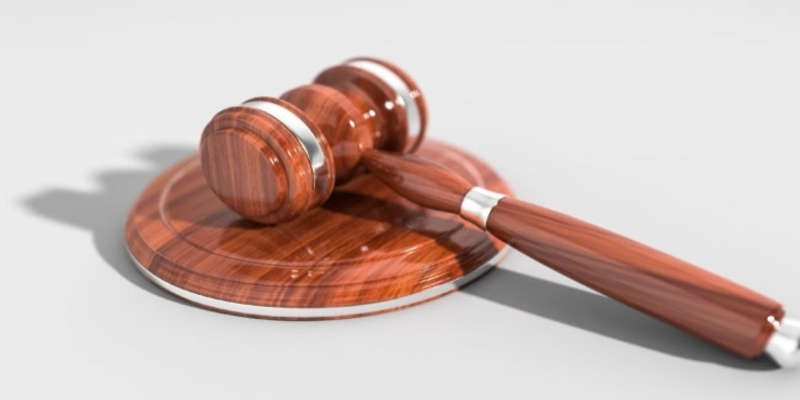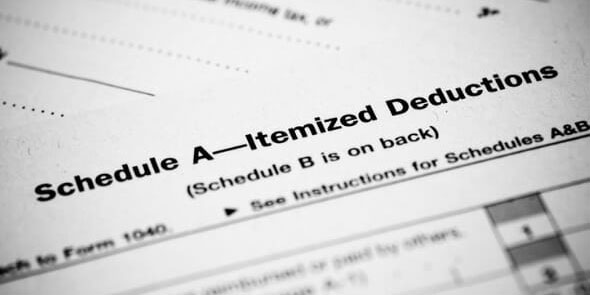how to deal with a debt collector Debt collectors will contact you if they determine you owe money. Creditors often hire third-party debt collection agencies or individuals to pursue overdue payments. They could try calling, emailing, or mailing you, or they could show up at your door. Understanding your legal options and how to deal with debt collectors is crucial. First, you should realize that a debt collector is legally required to treat you with respect and dignity. Debt collectors must refrain from using foul or offensive language to avoid legal action. Remember that you can challenge a debt if you think it was miscalculated or already paid off.
What You Can Do As A Debtor

- Creditors must treat you fairly and decently as they attempt to collect a debt. They are not authorized to use abusive, threatening, or harassing language when trying to collect a debt.
- Refusing to pay a debt is within your legal rights. Within 30 days of getting notification of the debt, you can challenge it in writing if you believe it is inaccurate or have already paid it.
- You can legally ask for proof that the debt is legitimate. A debt collector is required by law to present you with documentation detailing the debt, including the amount and identity of the original creditor.
- Privacy is a fundamental human right. Debt collectors can only communicate with you, your spouse, or your legal counsel on your debt.
- It is your legal right to request that debt collectors stop contacting you. Debt collectors must stop communicating with you after receiving a written request to do so, except sharing with you to confirm that they will cease communication or to inform you of particular action being taken, such as filing a lawsuit.
How To Handle Debt Collectors

- The key is to recognize your adversary. If a debt collector calls you, you have the right to know who they are, who they work for, and how to get in touch with them. Making sure the debt collector is legitimate is essential.
- Take care to document all of your dealings. Please ask for written confirmation of the debt, including the amount and name of the creditor, to be sent to you by the debt collector. All the terms of a settlement or payment plan should be documented in writing.
- Confidentiality of financial and personal information should be maintained at all costs. Do not give a debt collector sensitive information like your SSN or bank account details.
- Try to work out a payment plan or settlement. Contact the creditor or debt collector in question and see if you can work out a payment plan or settlement that reduces the overall amount owed. Ensure that all deals are documented in writing for future reference.
- If you feel you need to see a lawyer. Seek legal counsel if you think your rights have been infringed by a debt collector or are at a loss as to how to proceed.
- Remember that you have rights and options regarding unpaid obligations, even if dealing with debt collectors can be stressful. You may get through the debt collection process more quickly if you know your rights and take precautions to safeguard them.
Conclusion
Having a debt collector approach can be frustrating, but you have rights and options for dealing with your obligations. You can report a debt collector for verbal abuse to the Consumer Financial Protection Bureau. You can challenge your debt if you think it is inaccurate or you've already paid it off. Negotiating a payment plan or settlement with a creditor or debt collector is an option if you have problems with your debt payments. Ensure that all deals are documented in writing for future reference. Finally, you can see an attorney if you feel you are being mistreated by a debt collector and do not know your rights. It is critical to take precautions and deal with any outstanding debts as soon as possible to ensure your safety.




